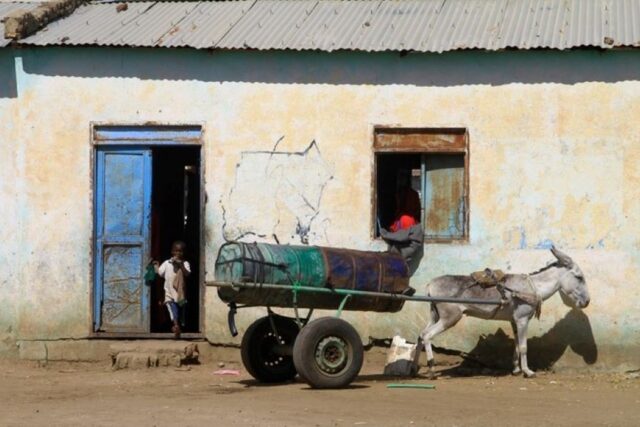
(3 Minutes Read)
The WHO called for urgent action to tackle the deepening health and humanitarian crises in Sudan and asked the international community to step up with financial aid.
The majority of health facilities in Sudanese regions affected by the war were not working, due to the fighting. Since April 15, Sudan has been gripped by a war pitting army chief Abdel Fattah al-Burhan against his former deputy, paramilitary Rapid Support Forces commander Mohamed Hamdan Daglo.
In Al-Jazira state, just south of Khartoum, more than half a million people had sought shelter after the fighting overwhelmed the Sudanese capital.
This month paramilitaries pressed deeper into the state and shattered one of the country’s few remaining sanctuaries, forcing more than 300,000 people to flee once again, the United Nations said.
Urgent action is needed to reverse Sudan’s worsening conflict amid the deepening humanitarian and health crises, with the fresh displacement of hundreds of thousands of people, mainly women and children, stated Tedros Adhanom Ghebreyesus, the head of the World Health Organization. Former Ethiopian health minister Tedros has led the UN’s health agency since 2017.
Since the conflict broke out, the violence has killed more than 12,000 people, according to a conservative estimate by the Armed Conflict Location and Event Data Project. While responding with partners to the acute health needs, including controlling disease spread and addressing malnutrition threats, the WHO also calls for increased financial support from the international community to meet the pressing health needs of the affected populations.
Read Also:
https://trendsnafrica.com/war-torn-sudan-faces-massive-food-shortages/
https://trendsnafrica.com/usd-215-mn-wb-support-to-south-sudan-for-climate-shocks-mitigation/
Boosting the provision of basic health services for the most vulnerable is to be prioritised in affected states, where at least 70 per cent of health facilities are not working due to the conflict. The United Nations says at least 7.1 million people have been displaced, including 1.5 million who fled across the border into neighbouring countries.











